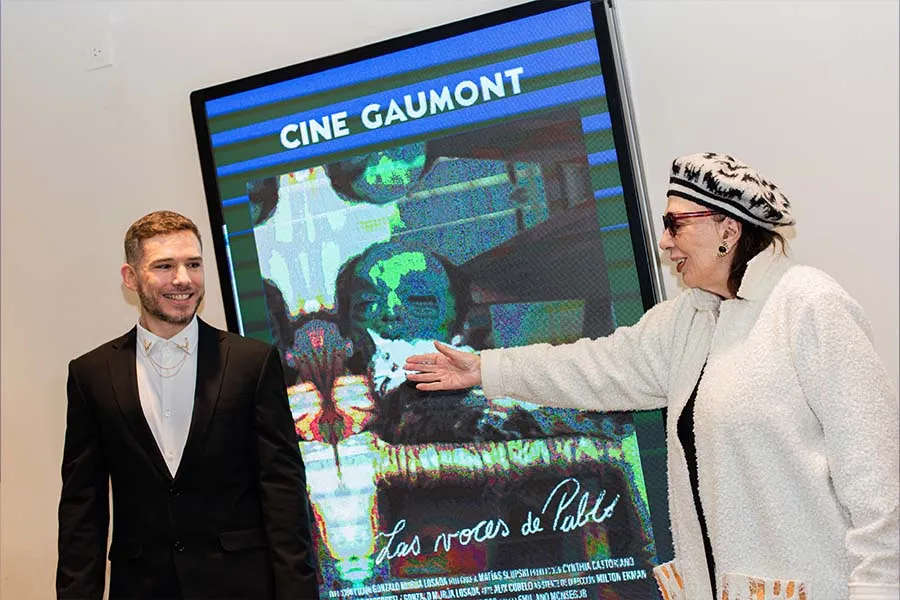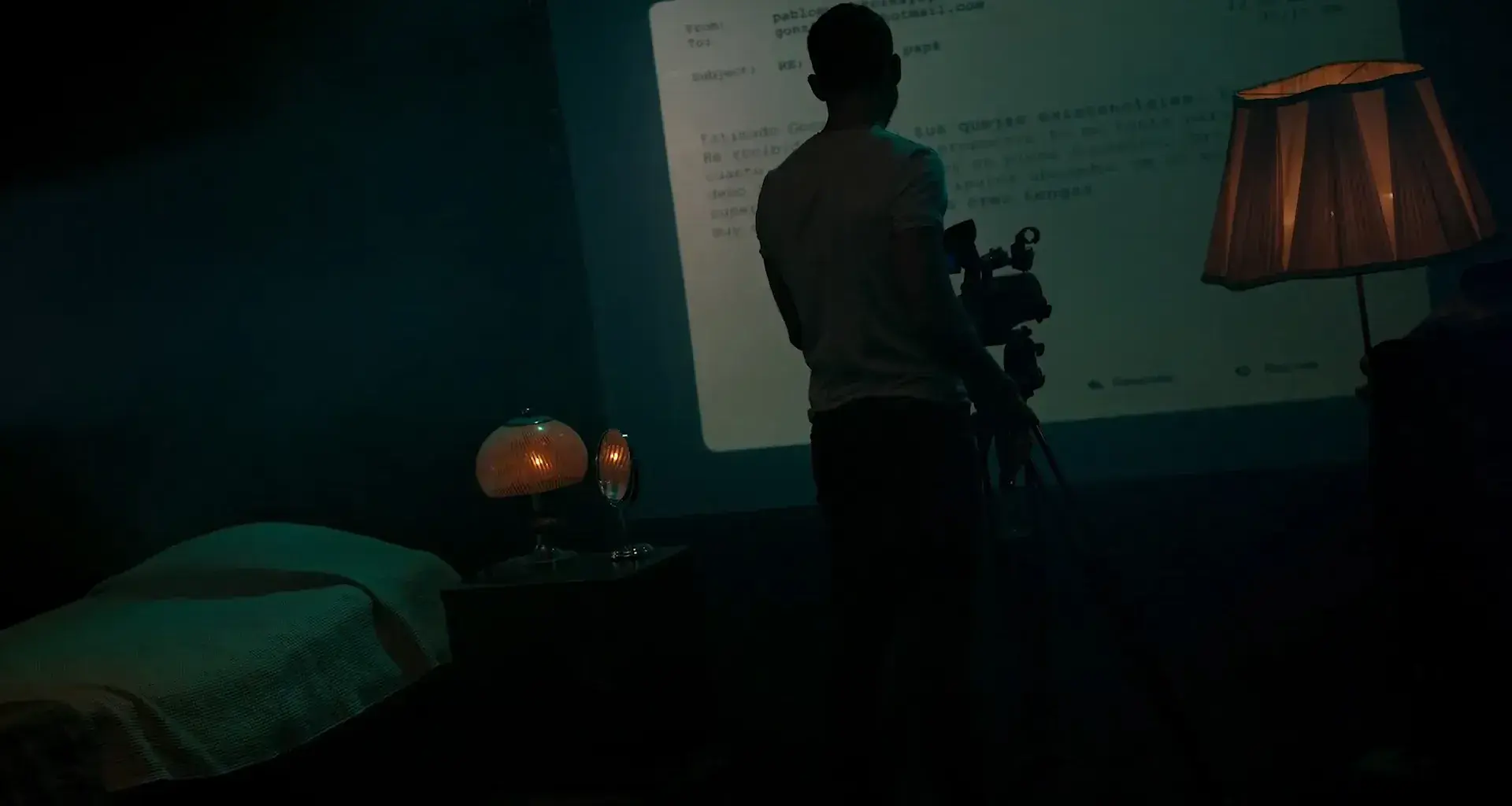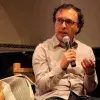Gonzalo Murúa Losada, a film director originally from Buenos Aires, Argentina, and professor of Creative Studies at Tec de Monterrey’s Sonora Norte campus, has won the award for Best Documentary Feature Film with his film Las Voces de Pablo (The Voices of Pablo) at the Cinema Festival of Hollywood, which took place in the city of Los Angeles, California.
This festival was created to give independent filmmakers the opportunity to have their work recognized, judged, and awarded, giving out 21 awards in 9 categories. Operating as a quarterly festival, it showcases international materials from talented independent filmmakers four times a year.
Las Voces de Pablo is about the teacher’s father, who was a narrator and scriptwriter with various psychological problems who died in 2013, says Gonzalo.
“I never thought I’d win. I’m very happy with this award because it recognizes my hard work,” the filmmaker shared.

Connecting with his father through cinema
After his father’s death, Murúa found some stories that he had never published, which inspired the film director to portray those stories in order to better understand him, since there was a side to his father that he didn’t know about.
The main idea behind the creation of this documentary feature film was to take those stories to reconstruct his father’s life and to be able to carry out a posthumous dialogue with him.
“I feel that these stories helped me to understand many of my father’s emotions and thoughts that I wasn’t aware of when he was alive,” the feature film director told CONECTA.
“It was like rebuilding our bond, healing through the film,” he continued.
The documentary’s protagonist is Murúa himself, who visited many places and interviewed many people who knew his father in order to correctly understand and interpret the stories he wrote.
{"preview_thumbnail":"/sites/default/files/styles/video_embed_wysiwyg_preview/public/video_thumbnails/IylpTCXed2k.jpg.webp?itok=1E0zfiy_","video_url":"https://www.youtube.com/watch?v=IylpTCXed2k","settings":{"responsive":1,"width":"854","height":"480","autoplay":0},"settings_summary":["Embedded Video (Adaptable)."]}
8 Eight years of work
Las Voces de Pablo officially premiered on July 18 at the Gaumont Cinema in Buenos Aires and is available on the Argentine streaming platform Cinear Play.
Making this project, the professor’s second feature-length documentary, began in 2016 with the writing of the script, which was a long and complicated process, said Murúa.
The production stage began in 2021. It had to be put on hold during the COVID-19 pandemic and couldn’t be completed until 2023, just before Gonzalo made the decision to start his life in Mexico.
Once in Mexico, Murúa began the process of sending the film to various festivals, including the Cinema Festival of Hollywood in Los Angeles, where it won first place in the Documentary Feature Film category.
“It was like rebuilding our bond, healing through the film.”
Three generations of love for cinema
Murúa told CONECTA he grew up in a family that was involved in the film industry. His grandfather, who was an actor and film director, and his father, who was a screenwriter and narrator, instilled the ability to analyze and watch not-so-common films in him from a young age, which encouraged his creativity and imagination as a boy.
The professor said that he was always very connected to the artistic world. Although he initially studied law, he bought a small camera after a few years and began filming everything, thus discovering his new passion.
“It’s always important to connect with the essence of what drew your attention in the first place,” he reflected.
This made him want to study film at the Buenos Aires University of Cinema Foundation (FUC) with a focus on editing. He then completed a master’s degree in documentary film at the same institution, later focusing on post-production and editing.
His first film was about his family, Los Fantasmas de Losada (The Ghosts of Losada), which was released in 2016.
“When I saw my first film screened, I was very excited and relieved because I was closing a cycle in relation to the film,” said Murúa.
After this film, he began making a short documentary film, Te Quiero Obsceno (I Love You Obscene), which in 2017 was part of the Asterisco International Festival on LGBT themes.
“My films are always connected to my emotions,” he said.
Murúa is currently filming his new documentary, which he said is a very intimate and special project that we’ll soon be able to see on the big screen.
“It’s important to connect with the essence of what drew your attention in the first place.”
Discovering life in the desert
Murúa has been teaching for 10 years, focusing mainly on community cinema and giving workshops in different spaces until he began teaching in academic and university settings.
He has had the opportunity to teach at universities in Brazil, Spain, and more recently Mexico as a professor at Tec de Monterrey’s Sonora Norte campus.
The Argentinean teacher said that he has really enjoyed living in Mexico, since it has a lot of spirit and people connected to art who are really interested in cinema.
“What I’ve learned most in Hermosillo is that there can be life in the desert, and a lot of it,” the teacher said with great enthusiasm.
YOU MAY ALSO WANT TO READ





